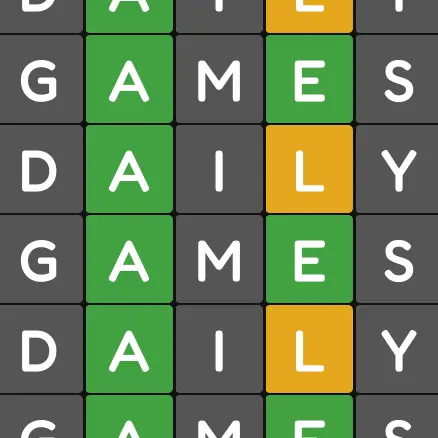

I believe the point is that the speaker typically doesn’t vote unless needed to break a tie. So if the NDP select one of their own as the speaker, they would have 46 votes, to the 44 Con and 2 Green votes, an exact tie. Of course, they would still have the speaker as tiebreaker, so it doesn’t really make a huge difference, but it’s seen as a bit more tenuous than actually having the 47 votes in the typical fashion, which they could accomplish if a conservative or green MLA takes the role of speaker.
To be honest, I’m not 100% sure on why the tiebreaker is seen as worse exactly. I understand there’s an expectation for the speaker to act neutrally, so maybe it’s just an unpleasant look if the speaker is regularly voting in favour of the NDP to break ties.
Regardless, it wouldn’t technically be a minority government as I understand it. It’s not as though the NDP couldn’t rely on their own speaker in matters of confidence. It just would give Rustad something else to rant about.









I tried punching in 243 and it gave me an equation that resolves to 235.
https://www.wolframalpha.com/input?i=(lim+((x^2-100)%2F(x%2B10))%2C+x->13)^5+-+([lim((e^(8x)-1)%2Fx)%2C+x->0]+-+[[lim+((x^2-36)%2F(x-6))%2Cx->-5]+-+lim(cos^2+x+%2B+sin^2+x)%2C+x->36])
Tried it a few other times and it seems to sometimes like giving something that results in 3^5 (which would be 243 on its own) followed by subtracting a bit from it, which ends up making it the wrong answer. In the link above, it basically goes (3^5) - (8 - (1 - 1)), so if you only keep the first brackets it would be correct.